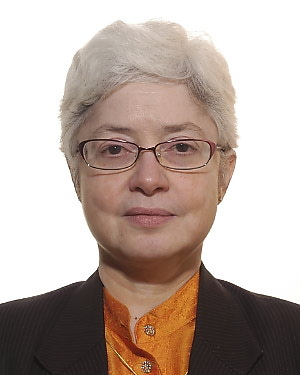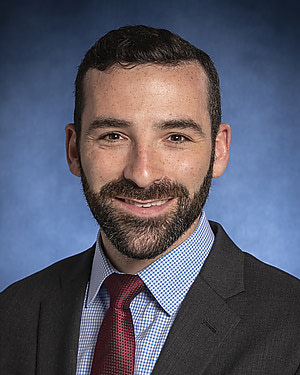Research Lab Results
-
Neuro-Oncology Surgical Outcomes Laboratory
Directed by Debraj “Raj” Mukherjee, MD, MPH, the laboratory focuses on improving access to care, reducing disparities, maximizing surgical outcomes, and optimizing quality of life for patients with brain and skull base tumors.
The laboratory achieves these aims by creating and analyzing institutional and national databases, developing and validating novel patient-centered quality of life instruments, leveraging machine learning and artificial intelligence platforms to risk-stratify vulnerable patient populations, and designing novel surgical trials to push the boundaries of neurosurgical innovation.
Our research also investigates novel approaches to improve neurosurgical medical education including studying the utility of video-based surgical coaching and the design of new operative instrumentation.
-
Molecular Oncology Laboratory
Our Molecular Oncology lab seeks to understand the genomic wiring of response and resistance to immunotherapy through integrative genomic, transcriptomic, single-cell and liquid biopsy analyses of tumor and immune evolution. Through comprehensive exome-wide sequence and genome-wide structural genomic analyses we have discovered that tumor cells evade immune surveillance by elimination of immunogenic mutations and associated neoantigens through chromosomal deletions. Additionally, we have developed non-invasive molecular platforms that incorporate ultra-sensitive measurements of circulating cell-free tumor DNA (ctDNA) to assess clonal dynamics during immunotherapy. These approaches have revealed distinct dynamic ctDNA and T cell repertoire patterns of clinical response and resistance that are superior to radiographic response assessments. Our work has provided the foundation for a molecular response-adaptive clinical trial, where therapeutic decisions are made not based on imaging but based on molecular responses derived from liquid biopsies. Overall, our group focuses on studying the temporal and spatial order of the metastatic and immune cascade under the selective pressure of immune checkpoint blockade with the ultimate goal to translate this knowledge into “next-generation” clinical trials and change the way oncologists select patients for immunotherapy.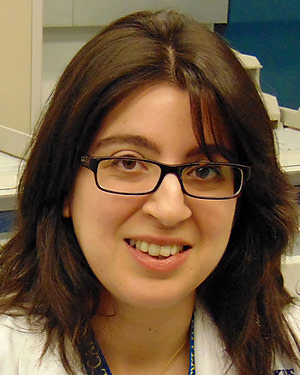
-
The Kelly Gynecologic Oncology Research Program
Our research results in effective and quality care which has led to the development of new therapies, medications and vaccines, including the HPV vaccine — the first vaccine to prevent gynecologic cancer. Our patient satisfaction scores are among the highest in the nation, due to our commitment to safety and quality. -
Konig Lab
The Konig Lab focuses on chimeric T cell- and antibody-based strategies for the treatment of autoimmune rheumatic diseases and cancer. A primary goal of the translational research program is the development of antigen-specific and personalized immunotherapies for autoimmune diseases, with the intent to achieve sustained disease remission and functional cure. The lab further aims to establish precision T cell-targeting therapies for the treatment of various autoimmune diseases. Applying these tools to immuno-oncology, the lab utilizes cellular engineering strategies to augment the cytotoxic killing of solid cancers by the immune system.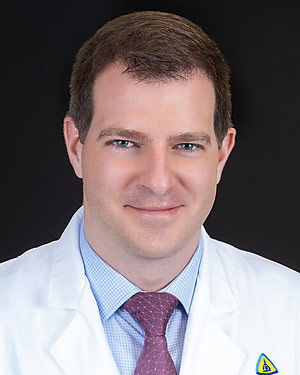
-
In-vivo Cellular and Molecular Imaging Center
The In-vivo Cellular and Molecular Imaging Center conducts multidisciplinary research on cellular and molecular imaging related to cancer. We provide resources, such as consultation on biostatistics and bioinformatics and optical imaging and probe development, to understand and effectively treat cancer. Our molecular oncology experts consult on preclinical studies, use of human tissues, interpretation of data and molecular characterization of cells and tumor tissue. -
Spinal Oncology Lab
The bony skeleton is one of the most common sites of metastatic spread of cancer and a significant source of morbidity in cancer patients, causing pain and pathological fracture, impaired ambulatory ability and poorer quality of life.
In our continuous investigation of the mechanism of metastasis in spine tumors and of developing animal models and treatments, our team seeks to understand how cancer cells metastasize to the bony spine.
Our laboratory develops novel techniques to evaluate our animal models of metastatic spine disease. -
Jeff Bulte Lab
The clinical development of novel immune and stem cell therapies calls for suitable methods that can follow the fate of cells non-invasively in humans at high resolution. The Bulte Lab has pioneered methods to label cells magnetically (using tiny superparamagnetic iron oxide nanoparticles) in order to make them visible by MR imaging. While the lab is doing basic bench-type research, there is a strong interaction with the clinical interventional radiology and oncology groups in order to bring the methodologies into the clinic.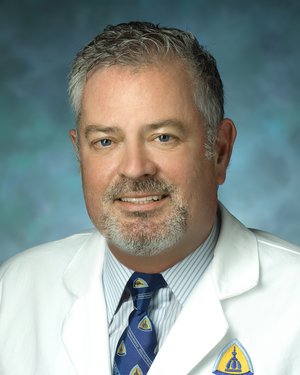
-
Christine Durand Lab
Dr. Christine Durand, assistant professor of medicine and oncology and member of the Johns Hopkins Kimmel Cancer Center, is involved in clinical and translational research focused on individuals infected with HIV and hepatitis C virus who require cancer and transplant therapies. Her current research efforts include looking at outcomes of hepatitis C treatment after solid organ transplant, the potential use of organs from HIV-infected donors for HIV-infected solid organ transplant candidates, and HIV cure strategies including bone marrow transplantation. Dr. Durand is supported by multiple grants: • R01 from the National Institute of Allergy and Infectious Diseases (NIAID) to study HIV-to-HIV organ transplantation in the US. • K23 from the National Cancer Institute (NCI) to study antiretroviral therapy during bone marrow transplant in HIV-1 infection. • U01 from the NIAID to study HIV-to-HIV deceased donor kidney transplantation. U01 from the NIAID to study HIV-to-HIV deceased donor liver transplantation.
-
Claire Snyder Lab
Researchers in the Claire Snyder Lab study the quality of cancer care, with a special focus on two areas: the quality of life for cancer patients undergoing treatment and the coordination of care between cancer specialists and primary care providers. As part of our quality-of-life research, we're investigating the use of patient-reported outcome questionnaires in routine oncology practice as well as developing a website for collecting the questionnaires and linking them with the electronic medical record. As part of our cancer-survivorship research, we've conducted large database studies to identify the physician specialties involved in the care of cancer survivors and to determine how that relates to survivors receiving recommended follow-up care. We're also working with investigators in the Sydney Kimmel Comprehensive Cancer Center to develop care strategies for breast cancer survivors.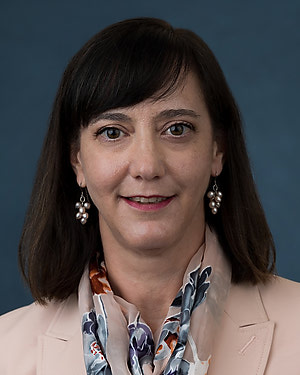
-
Minimally Invasive Neurosurgery
Directed by Alan R. Cohen MD, Carson-Spiro Professor of Neurosurgery, Oncology and Pediatrics, the laboratory is focused on developing novel instruments and approaches to enhance the safety and efficacy of neurosurgical procedures. Current investigations include work in microsurgery, endoscopy, image guidance and robotic surgery. A cadaveric Skills Lab offers training in neurosurgical techniques.


